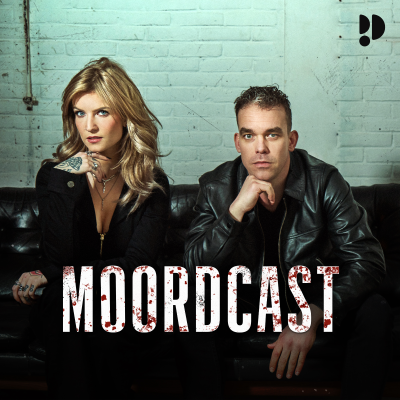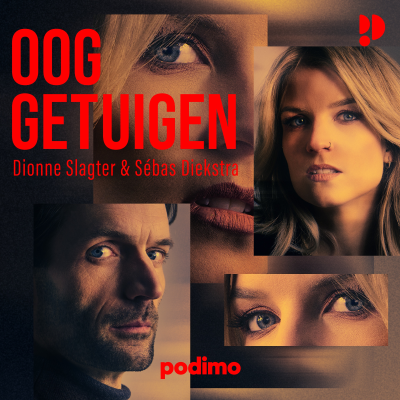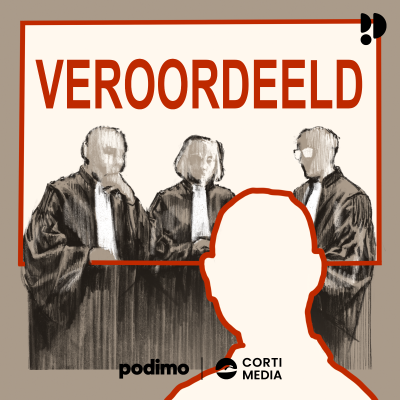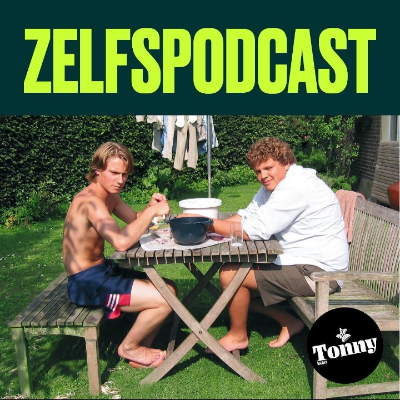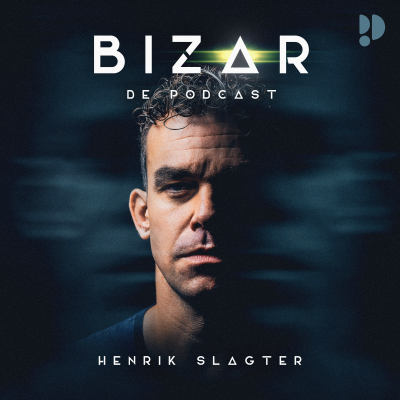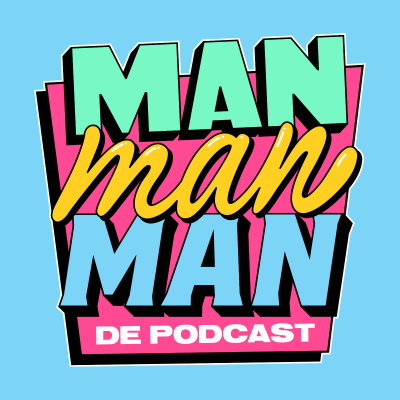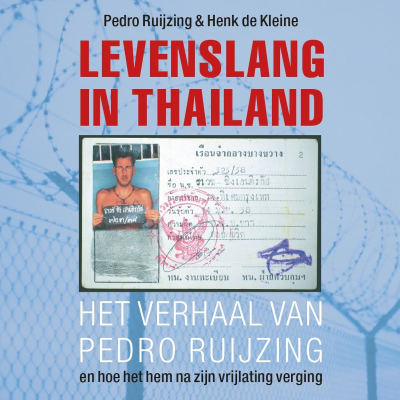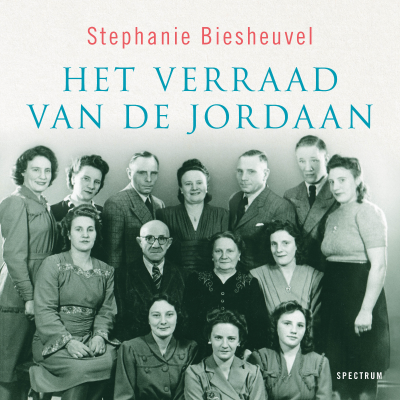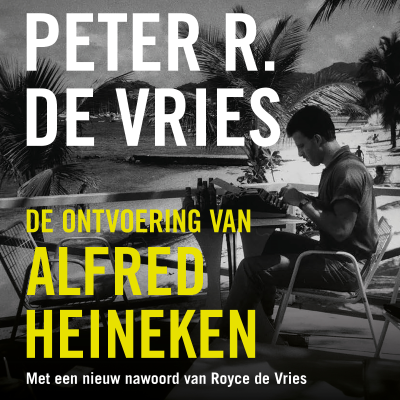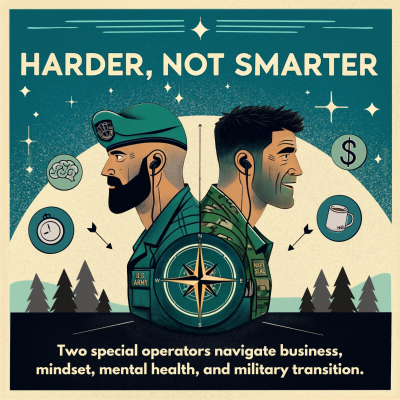
Harder Not Smarter Podcast
Podcast door Greg VanDyne and Kevin Seiff
Deze podcast is gratis te beluisteren op alle podcastplatformen en de Podimo-app zonder abonnement.
Alle afleveringen
47 afleveringenGreg Putnam, a former Navy SEAL, shares his experience transitioning from the military to cattle ranching. He discusses his time in the SEAL Delivery Vehicle (SDV) unit and the challenges of long-duration dives in small, submersible vehicles. The mental and physical toll of these dives, including the need for breath control and the lack of communication, is highlighted. Greg also talks about the unique camaraderie and mindset required for SDV operations. The conversation touches on the importance of mindset, breath work, and preparation for SEAL missions. Greg Putnam and Kevin Seiff discuss various topics including Greg's experience in the military, his transition to civilian life, and his involvement in cattle ranching. They also touch on the influx of people moving to Montana and the challenges of living in a rural area. Greg shares his journey into ranching and the complexity of the industry. The complexity and capital intensity of the agriculture and ranching business are often underestimated. The business requires a diverse skill set, including accounting and cash flow projections. Similar to the military, the job evolves from operational to administrative and planning. While there are enjoyable aspects, such as being outdoors and working with animals, there is also a significant amount of challenging and mundane work. The key to success is having a genuine passion for the job and being willing to overcome obstacles. Building a strong team and being open to making changes are crucial in the industry. Little Belt Beef focuses on producing high-quality, sustainable beef through a vertically integrated supply chain. Grass-finished beef has a different flavor profile compared to grain-finished beef, with grass-finished beef having a more natural, wild game-like taste. The marbling of beef determines its grade, with higher marbling resulting in a higher grade. Little Belt Beef uses a style of grazing and rotation similar to grass-fed, grass-finished beef but finishes their cattle on grain for the desired fat quality, color, and marbling. The company emphasizes the importance of local supply chains and building a customer base that supports their product. Show Links Get 1-month of FREE access to the Vet Collective Community by using discount code: NLT1UQTI Join us here: https://www.collective.vet Episodes also available on Spotify, Apple, and Amazon Music. https://linktr.ee/harder_not_smarter Greg’s Links https://littlebeltcattleco.com/ https://www.instagram.com/littlebeltcattleco/ Chapters 00:00 Building a Strong Team and Embracing Change in Agriculture and Ranching 32:08 The Flavor Difference Between Grass-Finished and Grain-Finished Beef 34:04 Understanding the Grading Process for Beef 38:16 The Importance of Local Supply Chains in Beef Production 39:30 Building a Customer Base for Sustainable Beef
Greg Putnam, a former Navy SEAL, shares his experience transitioning from the military to cattle ranching. He discusses his time in the SEAL Delivery Vehicle (SDV) unit and the challenges of long-duration dives in small, submersible vehicles. The mental and physical toll of these dives, including the need for breath control and the lack of communication, is highlighted. Greg also talks about the unique camaraderie and mindset required for SDV operations. The conversation touches on the importance of mindset, breath work, and preparation for SEAL missions. Greg Putnam and Kevin Seiff discuss various topics including Greg's experience in the military, his transition to civilian life, and his involvement in cattle ranching. They also touch on the influx of people moving to Montana and the challenges of living in a rural area. Greg shares his journey into ranching and the complexity of the industry. The complexity and capital intensity of the agriculture and ranching business are often underestimated. The business requires a diverse skill set, including accounting and cash flow projections. Similar to the military, the job evolves from operational to administrative and planning. While there are enjoyable aspects, such as being outdoors and working with animals, there is also a significant amount of challenging and mundane work. The key to success is having a genuine passion for the job and being willing to overcome obstacles. Building a strong team and being open to making changes are crucial in the industry. Little Belt Beef focuses on producing high-quality, sustainable beef through a vertically integrated supply chain. Grass-finished beef has a different flavor profile compared to grain-finished beef, with grass-finished beef having a more natural, wild game-like taste. The marbling of beef determines its grade, with higher marbling resulting in a higher grade. Little Belt Beef uses a style of grazing and rotation similar to grass-fed, grass-finished beef but finishes their cattle on grain for the desired fat quality, color, and marbling. The company emphasizes the importance of local supply chains and building a customer base that supports their product. Show Links Get 1-month of FREE access to the Vet Collective Community by using discount code: NLT1UQTI Join us here: https://www.collective.vet Episodes also available on Spotify, Apple, and Amazon Music. https://linktr.ee/harder_not_smarter [https://linktr.ee/harder_not_smarter] Greg’s Links https://littlebeltcattleco.com/ [https://littlebeltcattleco.com/] https://www.instagram.com/littlebeltcattleco/ [https://www.instagram.com/littlebeltcattleco/] Chapters 00:00 Greg Putnam's Unconventional Journey 04:11 The Mental and Physical Challenges of SDV Operations 08:26 The Unique Camaraderie of SDV Operators 19:07 The Importance of Mindset, Breath Work, and Preparation in SEAL Missions 27:07 From Military to Civilian Life: Greg's Journey 28:00 Living in Rural Montana: Challenges and Benefits 32:24 Exploring Cattle Ranching: Greg's Interest and Journey 36:09 The Complexity of Beef Cattle Production 56:29 The Complexity and Capital Intensity of Agriculture and Ranching 57:13 The Evolution of the Job: From Operational to Administrative 58:09 Passion and Perseverance: Overcoming Obstacles in the Industry 01:00:10 Building a Strong Team and Embracing Change in Agriculture and Ranching 01:32:08 The Flavor Difference Between Grass-Finished and Grain-Finished Beef 01:34:04 Understanding the Grading Process for Beef 01:38:16 The Importance of Local Supply Chains in Beef Production 01:39:30 Building a Customer Base for Sustainable Beef
In this episode of the Harder Not Smarter podcast, hosts Kevin Seiff and GVD discuss a range of current events, including the nomination of Pete Hegseth for Secretary of Defense, Thailand's recent legalization of cannabis, and the upcoming boxing match between Mike Tyson and Jake Paul. The conversation delves into the implications of Hegseth's nomination, the shifting attitudes towards drug legalization globally, and the impact of celebrity boxing on the sport. Takeaways The nomination of Pete Hegseth for SecDef is controversial due to his non-traditional background. Thailand's legalization of cannabis reflects a global shift in attitudes towards drug prohibition. Jake Paul is credited with revitalizing interest in boxing through his promotional efforts. The hosts emphasize the importance of having knowledgeable advisors in high-level positions. The conversation highlights the complexities of modern warfare and military leadership. Legalization of cannabis is seen as a positive step towards reducing societal harm from drugs. The hosts discuss the dangers of boxing compared to MMA, particularly regarding concussions. There is a growing acceptance of non-drinking lifestyles in society. The hosts express hope for a future where drug policies are more rational and less prohibitive. The boxing match between Tyson and Paul is anticipated to attract significant attention. Chapters 00:00 Introduction to Current Events 12:44 Controversial Nomination: Pete Hegseth for SecDef 21:42 Thailand Legalizes Weed: A Shift in Global Attitudes 32:28 Mike Tyson vs. Jake Paul: The Fight of the Century?
Join us as we discuss John Dailey's book 'Tough Rugged Bastards' and the story of MARSOC, the Marine Raiders. We'll discuss the process of getting the book approved by the military and the challenges faced. We'll also talk about John's motivation for writing the book and the benefits of getting an MFA in creative writing. We discuss the difference between recon Marines and force recon, and the role of force recon in working for the force commander. And we also touch on the importance of a culture of accountability and constructive criticism in high-performing organizations. The conversation also covers the experiences of John Dailey during his time in the Marine Corps and as a member of the first Marine Special Operations Company. Show Links Get 1-month of FREE access to the Vet Collective Community by using discount code: NLT1UQTI Join us here: https://www.collective.vet Episodes also available on Spotify, Apple, and Amazon Music. https://linktr.ee/harder_not_smarter [https://linktr.ee/harder_not_smarter] John’s Links https://www.jadailey.com/ [https://www.jadailey.com/] https://www.amazon.com/Tough-Rugged-Bastards-Special-Operations/dp/163758735X [https://www.amazon.com/Tough-Rugged-Bastards-Special-Operations/dp/163758735X] Chapters 00:00 The Approval Process and Challenges 04:04 Motivation for Writing the Book and Getting an MFA 08:44 Difference Between Recon Marines and Force Recon 12:26 The Culture of Accountability 18:37 Imposter Syndrome and Excellence 23:59 Custom Building a High-Speed Unit 28:14 Training and Preparation for Deployment 34:55 Focus on CQB in Iraq 37:18 Challenges and Successes of the First Marine Special Operations Company 38:00 The Importance of Intelligence Support in Operations 40:34 The First Mission Based on Intel Work 43:23 Rolling Out and Capturing a Bomb Maker 48:09 Notable SEALs in Iraq 50:07 Sentiment from SOCOM, Marine Corps, and the Unit 53:29 Developing an Assessment and Selection Program 55:33 Structural Changes and Future of Marine Raiders 59:17 Training Focus and Future Plans 01:02:50 Writing Process and Mentors 01:05:26 Book Availability and Events 01:07:44 Future Writing Projects and Coaching Takeaways The process of getting a book approved by the military can be lengthy and requires following the rules and making changes. Having an MFA in creative writing can provide the confidence and skills needed to write a book. Force recon Marines work for the force commander and operate deeper behind enemy lines compared to recon Marines. A culture of accountability and constructive criticism is important in high-performing organizations. Imposter syndrome can be a driving force for excellence and continuous improvement. Custom building a unit allows for the development of new SOPs and procedures that can improve mission success. Training and preparation for deployment can vary depending on the mission and location. CQB (Close Quarters Battle) becomes a main mission focus for force recon Marines deployed to Iraq. The first Marine Special Operations Company (DETF-1) faced challenges and successes during their deployment to Iraq in 2003. Intelligence support played a crucial role in their operations, and the unit had a strong focus on the basics of shooting, moving, communicating, and surviving. The creation of the Marine Raiders was a significant development in Marine Special Operations. John A. Dailey plans to continue writing and has future projects in mind, including books on military life lessons and mental toughness. He is also involved in coaching and training Marine Raiders.
In this episode of the Harder Not Smarter podcast, hosts Kevin Seiff and Greg VanDyne discuss a variety of trending topics, including Elon Musk's controversial $1 million voting lottery, the unexpected focus on Arnold Palmer's personal life during political discourse, and the advancements in space travel through SpaceX. They also explore the rise of independent media and podcasts as credible sources of information, contrasting them with traditional news outlets. Takeaways Elon Musk's political shift has stirred significant discussion. The legality and ethics of incentivizing voting are contentious. Trump's comments about Arnold Palmer highlight the absurdity of political discourse. SpaceX's innovations are revolutionizing space travel and exploration. Podcasts are becoming a preferred medium for unbiased news consumption. Independent media is gaining traction as audiences seek alternative viewpoints. The future of space travel may be more accessible than previously thought. Failure is a crucial part of innovation in technology and space exploration. The podcast format allows for deeper, unedited conversations. Kamala Harris's potential appearance on independent podcasts could reshape political engagement. Chapters 00:00 Introduction to Trending Topics 01:55 Elon Musk's $1 Million Voting Lottery 12:07 Arnold Palmer's Unexpected Spotlight 17:47 SpaceX and the Future of Space Travel 28:40 The Rise of Independent Media and Podcasts
Overal beschikbaar
Luister naar Podimo op je telefoon, tablet, computer of auto!
Een universum van audio-entertainment
Duizenden luisterboeken en exclusieve podcasts
Geen advertenties
Verspil geen tijd met het luisteren naar reclameblokken wanneer je luistert naar de exclusieve shows van Podimo.


